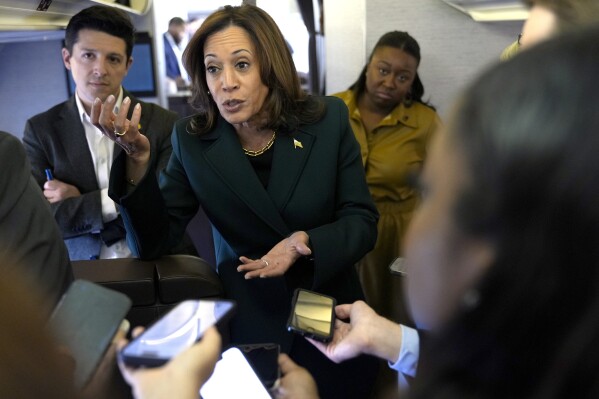The proposed regulator for men's football in England will no longer have to ensure decisions on club takeovers align with the government's foreign and trade policy.
The removal of the clause follows veiled threats by UEFA to ban English teams from European competitions after being concerned about potential prohibited government interference in football.
Labour made the change after reworking the Football Governance Bill inherited from the Conservative government, which ran out of time to enact it into law before calling the general election for July.
While opposed by the all-powerful and wealthy Premier League, the independent football regulator emerged from the anger over elite clubs trying to split off to join a breakaway Super League in 2021 - as well as concerns about the financial sustainability of clubs lower down the pyramid.
The Department for Culture, Media and Sport (DCMS) claimed the bill being introduced in the House of Lords has been "strengthened", although the full version is yet to be published and still only covers the men's game.
There is now a commitment for clubs to publish equality, diversity and inclusion action plans as well as listen to fans more, with what the DCMS calls "effective engagement" on changes to ticket prices and the location of clubs.
Culture Secretary Lisa Nandy said: "For too long, financial instability has meant loyal fans and whole communities have risked losing their cherished clubs as a result of mismanagement and reckless spending.
"This bill seeks to properly redress the balance, putting fans back at the heart of the game, taking on rogue owners and crucially helping to put clubs up and down the country on a sound financial footing."
Sir Keir Starmer told Sky News in April before becoming prime minister he wanted to ensure the Premier League is "fully protected" to deliver the "best football in the world."
But the Premier League said it remained "concerned" about the regulator deciding how its wealth is spread to lower-league counterparts.
There has been a deadlock over a "New Deal" financial settlement of about £900m to finance the English Football League, while the regulator could impose a settlement if an agreement cannot be reached between the competitions.
Keep up with all the latest news from the UK and around the world by following Sky News
'Parachute payments'
The regulator will now be given scope to consider the impact of "parachute payments", which are made to clubs to soften the blow of relegation from the top division.
The Premier League insisted they are vital for clubs investing in players after gaining promotion, but the English Football League (EFL) believes they distort the second-tier Championship by providing some with a significant cash uplift.
The Premier League said: "We believe rigid banking-style regulation, and the regulator's unprecedented and untested powers to intervene in the distribution of the Premier League's revenues, could have a negative impact on the league's continued competitiveness, clubs' investment in world-class talent and, above all, the aspiration that drives our global appeal and growth."
Read more on Sky News:
Geoff Capes, former World's Strongest Man winner, dies
Young people reveal views on criminal 'sex trend' called 'stealthing'
EFL chairman Rick Parry said: "We have always been clear throughout this process that our intention is not to harm or hinder the strength of the Premier League, and the value which it generates for the wider pyramid, including the EFL and our competitions.
"Rather, this is about creating a framework for a sustainable and competitive pyramid which fosters sporting jeopardy without financial catastrophe, underpinned by better regulation and fairer redistribution."
Disclaimer: The copyright of this article belongs to the original author. Reposting this article is solely for the purpose of information dissemination and does not constitute any investment advice. If there is any infringement, please contact us immediately. We will make corrections or deletions as necessary. Thank you.



